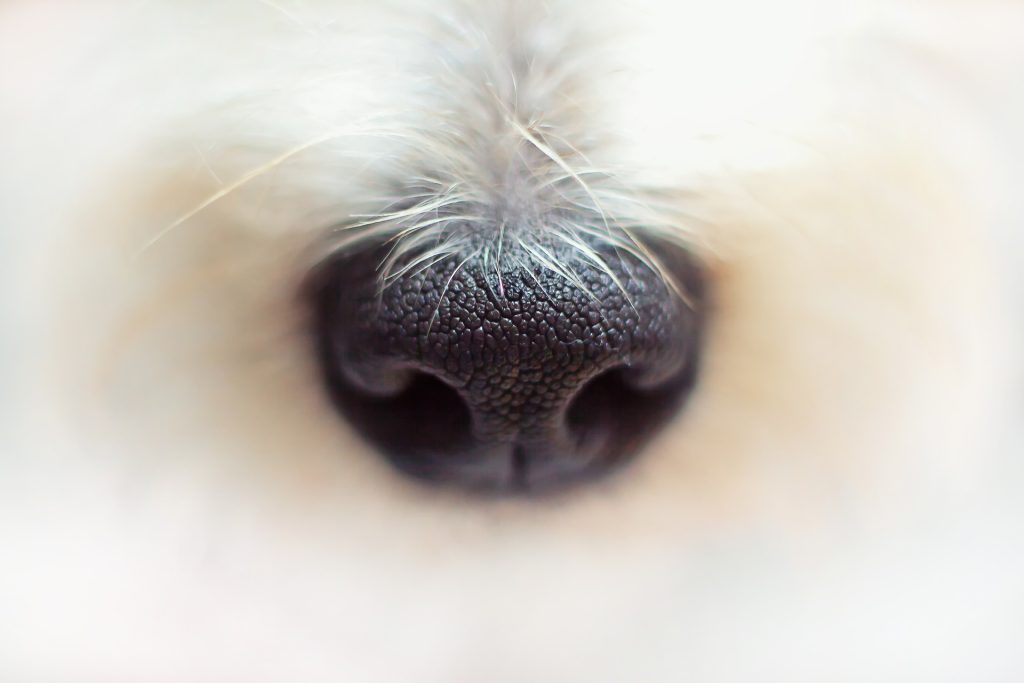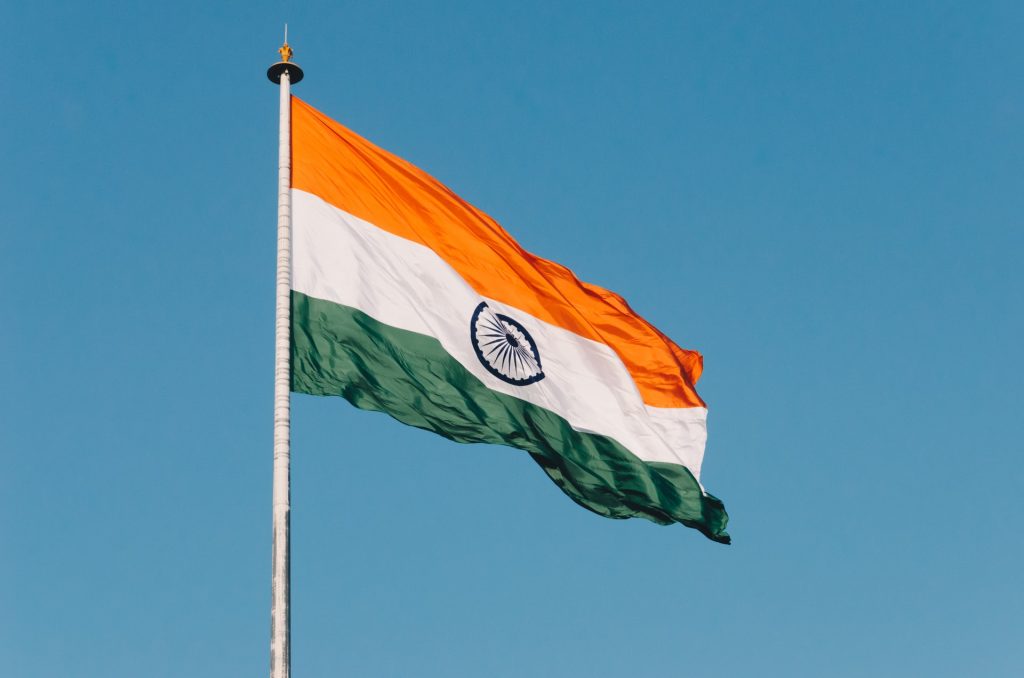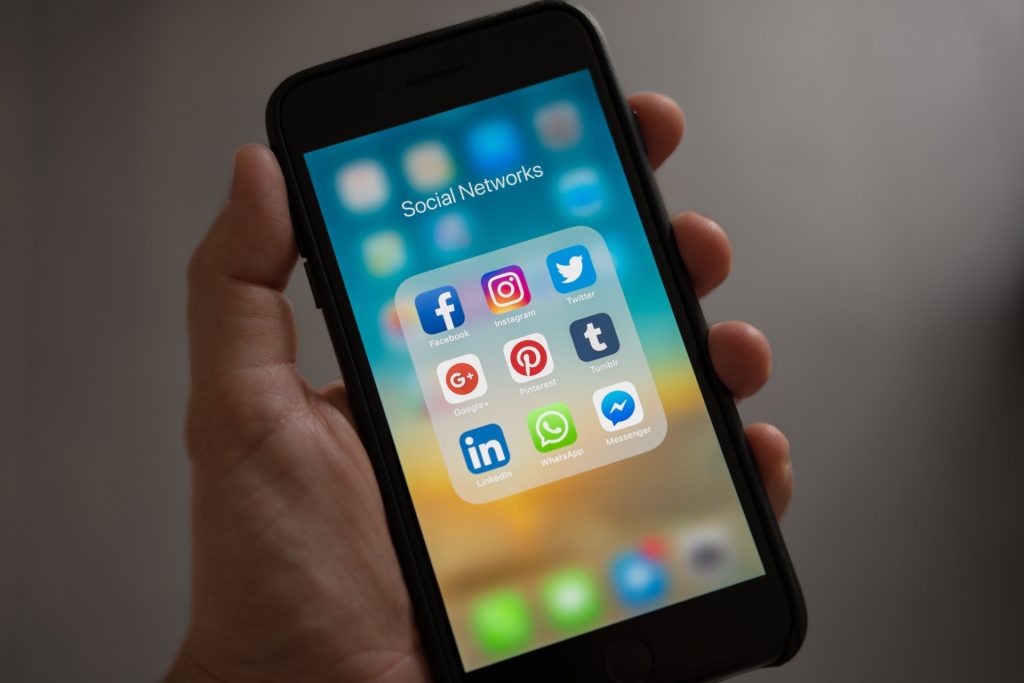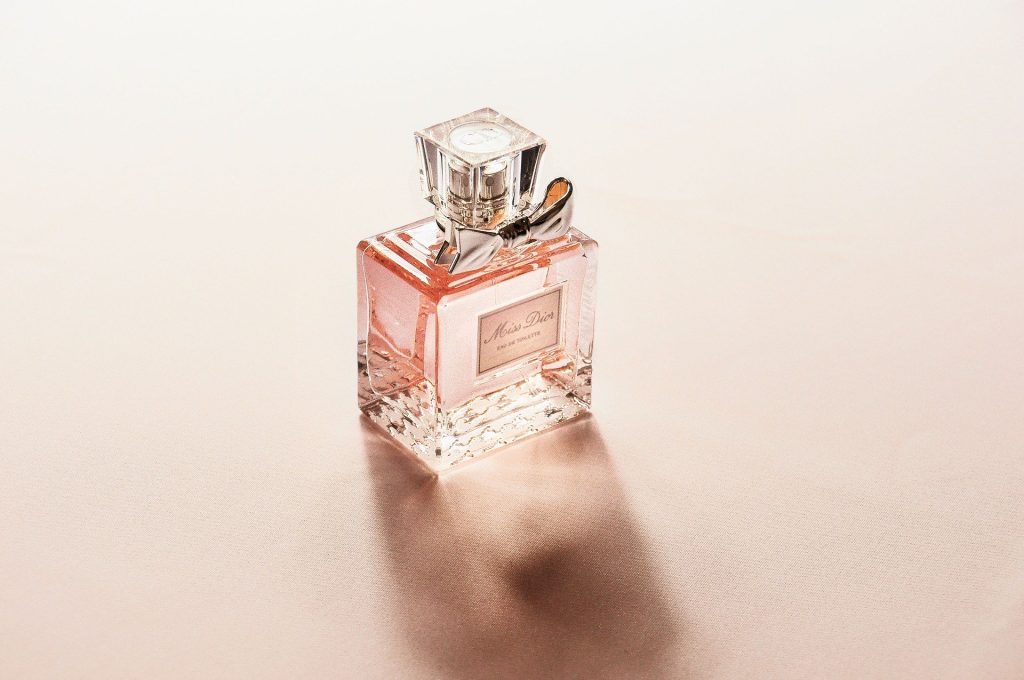A Neurologist Confronts His Alzheimer’s Disease
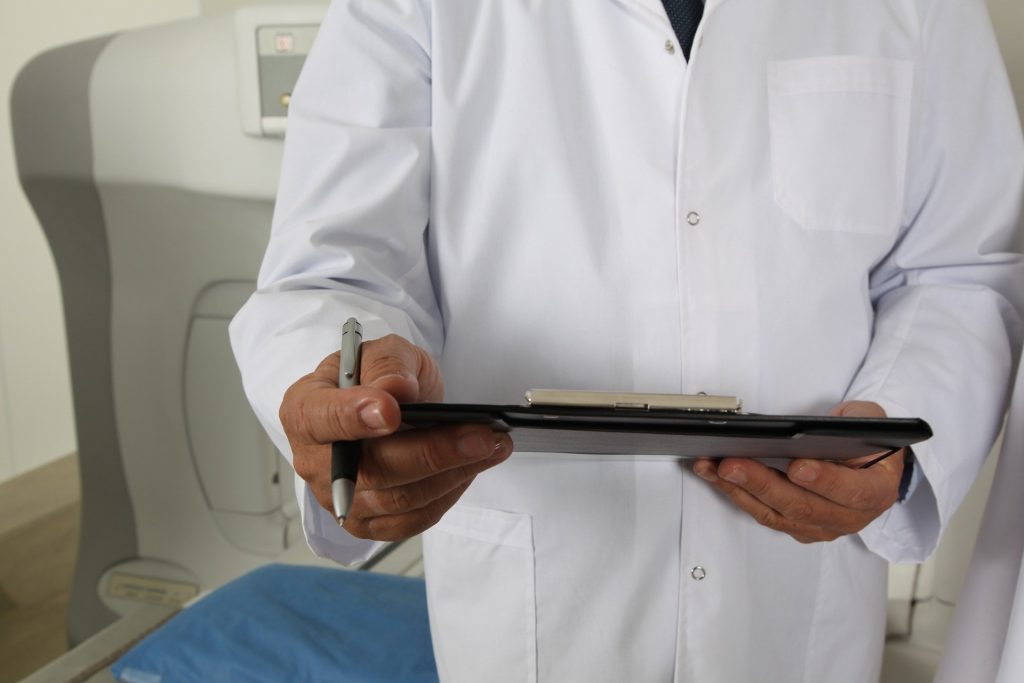
Neurologist Daniel Gibbs, MD, PhD, related his experiences of having been diagnosed with Alzheimer’s disease and taking part in clinical trials of possible treatments for it.
“I’m fascinated by this disease that, for my entire career as a scientist and a neurologist, I could only observe from the outside,” Dr Gibbs wrote in his new book, A Tattoo on my Brain: A Neurologist’s Personal Battle against Alzheimer’s Disease. “Now I’ve got a front-row seat — or rather, I’m in the ring with the tiger.”
Dr Gibbs stumbled upon his diagnosis accidentally, when he and his wife tested their DNA to learn about their ancestry that he discovered he had two copies of the APOE4 allele, the most common genetic risk factor for Alzheimer’s disease.
Because he had an early diagnosis, Dr Gibbs has volunteered to participate in several Alzheimer’s clinical trials in recent years, including one for aducanumab, the controversial Alzheimer’s treatment the FDA is expected to decide upon in June.
During a trial of aducanumab, he developed a serious amyloid-related imaging abnormality (ARIA) involving both brain oedema and intracerebral haemorrhage, which he recovered from. Dr Gibbs went on to co-author a case report about the clinical course and treatment of his complication. In the wake of much controversy, aducanumab has today received FDA approval.
MedPage Today interviewed Dr Gibbs on his experiences and perspectives since his Alzheimer’s diagnosis.
Dr Gibbs said that “as a patient and as a neurologist” it is a coping mechanism which gives hime “a huge advantage” to be able to look at the disease through his two “masks”. “Looking at it from the neurologist scientist’s point of view is a lot less threatening and is intellectually very satisfying. I enjoy reading and writing about it,” he said.
Regarding his future, he said: “One of the messages I try to get across in the book is that you need to plan for the future while you are still cognitively intact, and make very clearly known what you want done when you’re unable to give instructions about your care. I’ve done that. My family knows, my doctor knows: I don’t want anything done if I can’t participate in making decisions.”
Dr Gibbs said he was excited to volunteer for the aducanumab study partly because of the way aducanumab was discovered; a reverse-engineered antibody found in cognitively normal aged people. Another reason was the more aggressive nature of the trial. He explained the meaning of “tattoo on my brain” alluded to in the title of his book, an adverse effect of the experimental drug.
“For me, a ‘tattoo on my brain’ has two forms. In the ARIA — the amyloid-related imaging abnormality complication I had from aducanumab — there was both leakage of fluid causing swelling in my brain and leakage of blood, microhaemorrhages. Those went away, as did the swelling in my brain, but they left behind this haemosiderin, this iron-containing pigment which is not dissimilar to tattoo ink, if you will.
“I haven’t had a recent MRI scan, but at least the last one I looked at a year or two ago still showed those little dots of hemosiderin. In a literal sense, that is the tattoo on my brain. In the figurative sense, the tattoo is a symbol of a kind of coming out of the closet and showing something that you’re not ashamed of.”
The book, he said, is about people with early disease and the children of people with Alzheimer’s disease because they’re at risk. The aim is to “loosen up the conversation” so that interventions such as lifestyle changes can take place.
He suspects that the first disease-modifying drugs will be effective in early stages, which are going to be really hard studies to do. Recruiting participants without cognitive impairment but the pathology of of Alzheimer’s disease is extremely difficult.
Finally, he offered some advice on dealing with Alzheimer’s.
“What I would recommend is for everybody to start doing things that are good for them. A heart-healthy diet is good for you in so many ways. It’s hard to say that’s not a good idea, although we’re a country of hamburger-loving people. And exercise — I don’t know how you overcome that bar of convincing people if you want to be a healthy 70- or 80-year-old, you have to exercise and get a good diet. And good sleep.”
Source:MedPage Today

